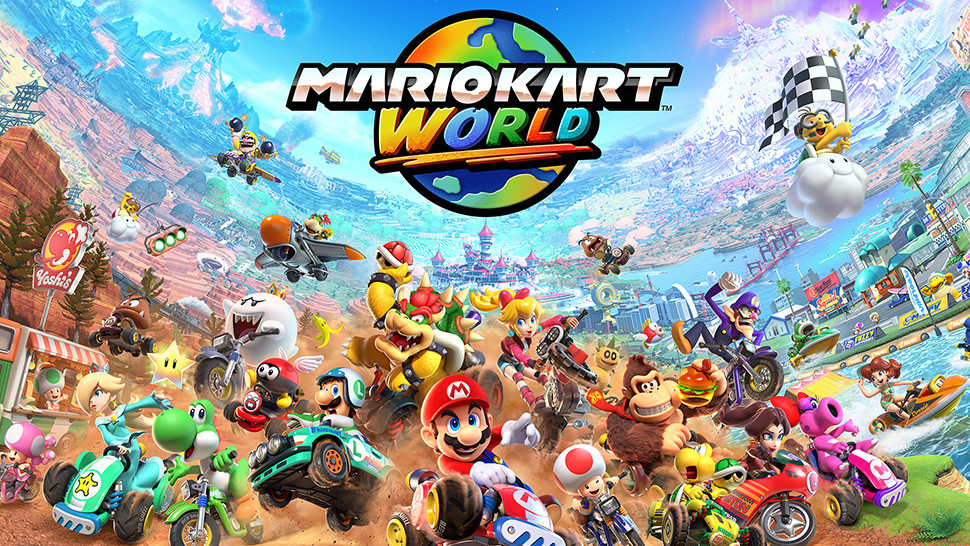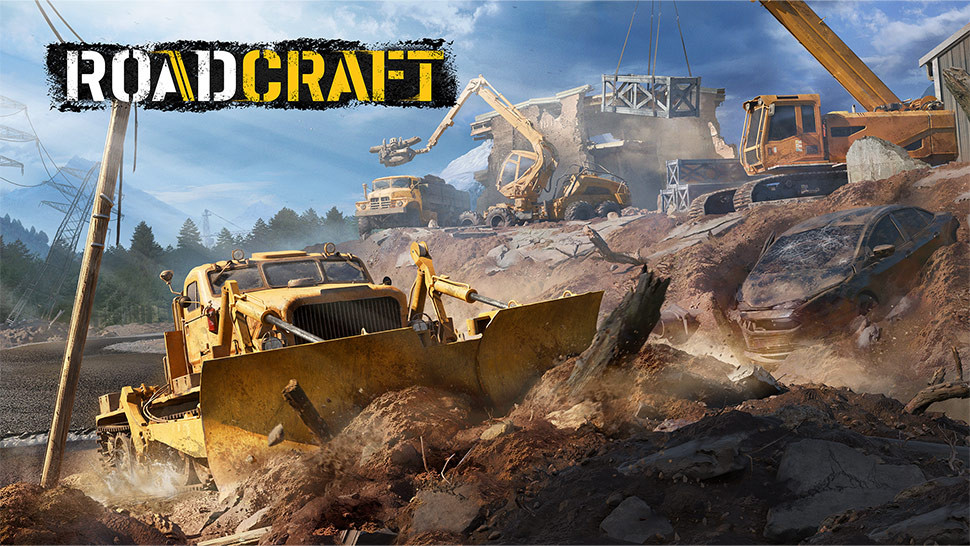Galaxy of Pen & Paper Review

 By Marcus Jones | Aug 1, 2017
By Marcus Jones | Aug 1, 2017
Self-referential humor and "meta gaming" can be an entertaining experience. That's one of the major draws of old school pen and paper RPGs where a game master (GM) would be describing all of the detail and glory of the scene before the party. On a whim, the GM could deliver some referential comment regarding the situation, or to the more unlucky of heroes (myself), they could always put their foot in their mouths and end up with a GM taking out real world frustration on your weak level 5 ranger that can't hit anything. Curse you, Ryan.
Galaxy of Pen & Paper seeks to connect players back to that tabletop experience, placing them in a pixelated world that draws inspiration and humor from the very tabletop RPGs that formed the basis of modern gaming RPGs. However, since you're not actively playing around a table with friends, the game simulates it in a way that makes the game pop. You create your GM and party and from there, direct the entire action of the game. At points, your GM character will interject, build the scene (literally transporting you to the world you're adventuring in) while you take on baddies. The game feels structured in such a way that allows the player to ultimately create their own experience. Lacking a real GM, in this case, the game still follows a set storyline but lets players branch out of their volition. These are generally bounty hunter-styled missions where players are sent off after some foe, either on a planet or in space. You're expected to hunt down the culprit(s) and bring them to justice before gaining your rewards of money, experience, and fame. Fame goes a long way as well, opening up discounts, better missions, and more.
The game's combat system uses an old-school turn-based RPG mechanics; your characters' and enemies' initiative scores determine the general battle order. While in battle itself, you're able to choose from basic attack and item use to special maneuvers you've unlocked on the character screen with ability points. These can be simple healing actions that help the party or potentially devastating attacks on your enemies. The enemies return the favor much the same way, eating through your characters shields and eventually into your health. It's a matter of balancing your attacks with your health, items, and special points (SP) to come out on top. When you're battered and bruised after a fight, going back to the ship or a medbay will allow you to heal quickly, just, you know, don't die. Dying in the game wipes out some of your hard earned cash.
Creating battles was perhaps one of my favorite aspects of the game. Much like how the game lets you build it as you go, you're free to figure out how you want to take down enemies. Mission criteria might require you kill five regular enemies and then one special one, but how you actually manage it is up to you. Enemies too tough? Okay, take down one at a time, so you're not dying in every battle. Conversely, if you're looking to score some sweet loot and more XP/cash, cranking up the difficulty of the battles will pay off. Just, as I mentioned...don't die. Same goes for when you're in a space battle! Set up much the same as fighting on a planet, in space, you rely on your ships power "core" (it's a die!), you roll each turn and get a certain allotment of power to use based on what you die roll is. From here, you can use your power to shoot, heal, or save it up on the next go around for extra damage. Saving up lets you attack more, but you risk blowing up in the process.
Like most RPGs, the game takes time. Building your character's levels, exploring, and essentially just questing around to learn the game. The game world is split into various planets and space stations, whereupon you can get out and explore around an almost boardgame-like series of map and take on enemies at your leisure, but man can it be a grind. I enjoyed attempting to take on enemies, but eventually, I'd want to continue the story, only to find myself somewhat underpowered. Grinding, as it seems, is still a facet of RPGs no matter what. Aside from grinding, a lot of the game did feel empty, even though you can randomly stop and attempt to speak with NPCs that sometimes have nothing to really say.
Simply Put
Galaxy of Pen & Paper is an incredibly charming game that I enjoyed. However, I do come from a background of playing tabletop RPGs with friends, and it's impossible to fully recreate those nights of questing and hilarity, even then Pen and Paper does a damn fine job at meta gaming, interjecting comments, and more. I think the game's humor, references, and overall feel will draw many players, but I worry too that some may not fully jump into that recreated world. Combined with larger, but seemingly empty environments and some required grinding, it may be a further turn off to those players.
Note: Galaxy of Pen & Paper was reviewed on PC. A digital copy of the game was provided by the publisher/developer.




